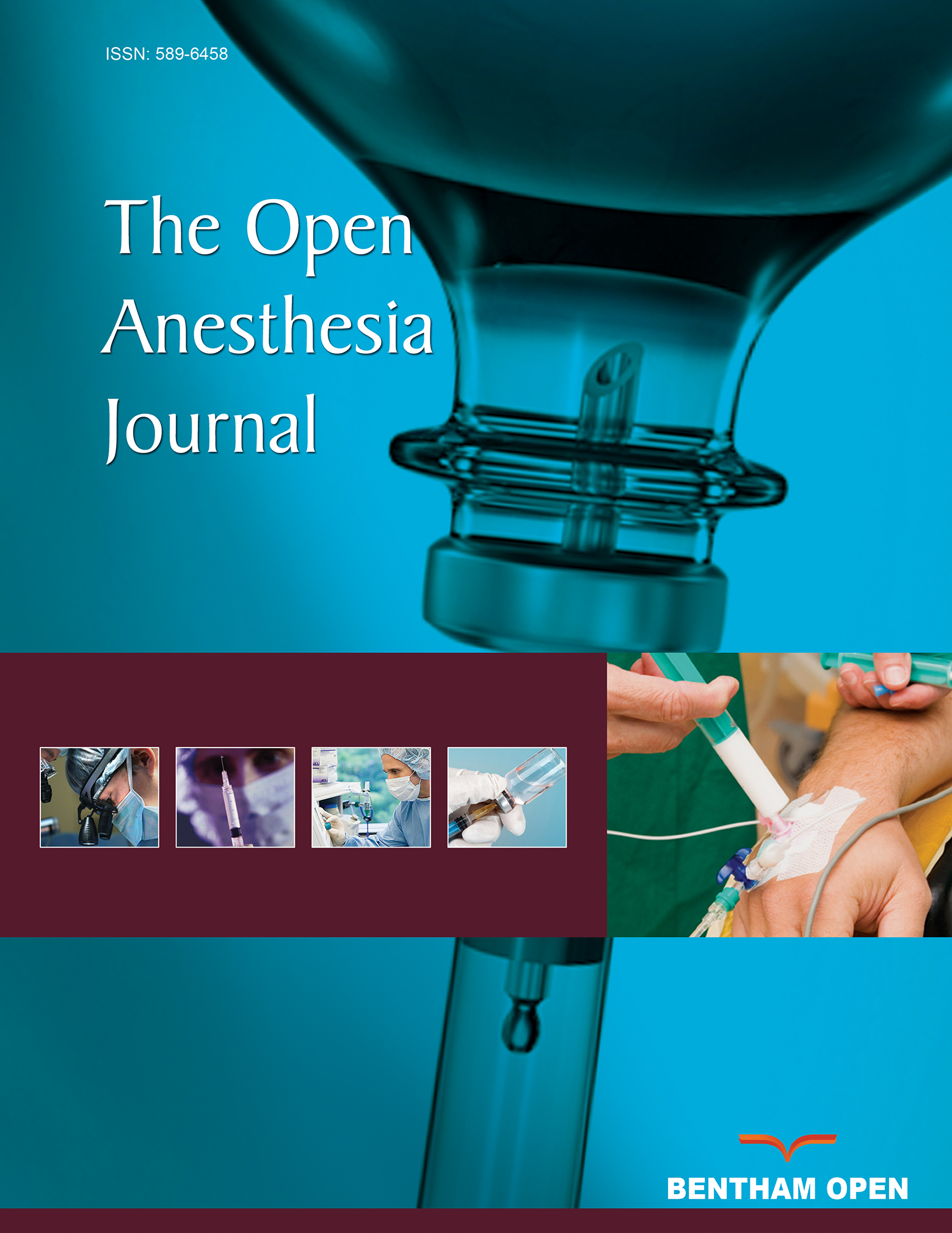The Immunoadsorption Effect of Veno-arterial Extracorporeal Membrane Oxygenation in Refractory Septic Shock, Ventilator-associated Pneumonia, and Acute Respiratory Distress Syndrome Following Severe Pulmonary Contusions
Abstract
Background:
The utilization of veno-arterial extracorporeal membrane oxygenation (VA-ECMO) for immunoadsorption has proven efficacious in reducing mortality rates among neonatal and pediatric patients afflicted with severe sepsis and septic shock. However, the effectiveness of this treatment in adult patients with septic shock remains controversial.
Objective:
This study was designed to assess the potential of VA-ECMO as an immunoadsorption therapy in patients with severe sepsis and septic shock. The primary objective of this study is to evaluate the efficacy of VA-ECMO in improving clinical outcomes, including acute respiratory distress syndrome (ARDS) and ventilator-associated pneumonia (VAP), weaning from mechanical ventilation, the length of intensive care unit (ICU) stay, and mortality rates in patients with concurrent severe pulmonary contusions, septic shock, and respiratory failure resulting from ARDS and VAP.
Methods:
This study enrolled a cohort of 100 adult patients with severe pulmonary contusions resulting in persistent respiratory failure despite ten days of mechanical ventilation. These patients subsequently developed severe sepsis, VAP with ARDS presentation, and high Murray score (>3 points), Sequential Organ Failure Assessment (SOFA) score (> 12 points), and Clinical Pulmonary Infection Score (CPIS) (> 6 points). The patients were then divided into two groups: group A (n = 50) received conventional management, while group B (n = 50) underwent VA-ECMO. Moreover, the outcomes, including improvement in ARDS and VAP, successful weaning from mechanical ventilation, length of ICU stay, improvement of one or all parameters of Murray, SOFA, and CPIS scores, morbidity rate, and mortality rate were compared between the two groups and recorded after 14 days of treatment.
Results:
This study revealed that patients in group B showed significant improvement in Murray, SOFA, and CPIS scores. Furthermore, a large percentage of patients in group B were successfully weaned from both inotropic support and mechanical ventilation and were discharged from ICU. However, no significant difference in the mortality rate was observed between the two groups.
Conclusion:
VA-ECMO notably impedes the progression of sepsis, shortens ICU stay, and expedites the weaning from inotropic support and mechanical ventilation. However, it has no impact on the mortality rate of adult patients with septic shock.


